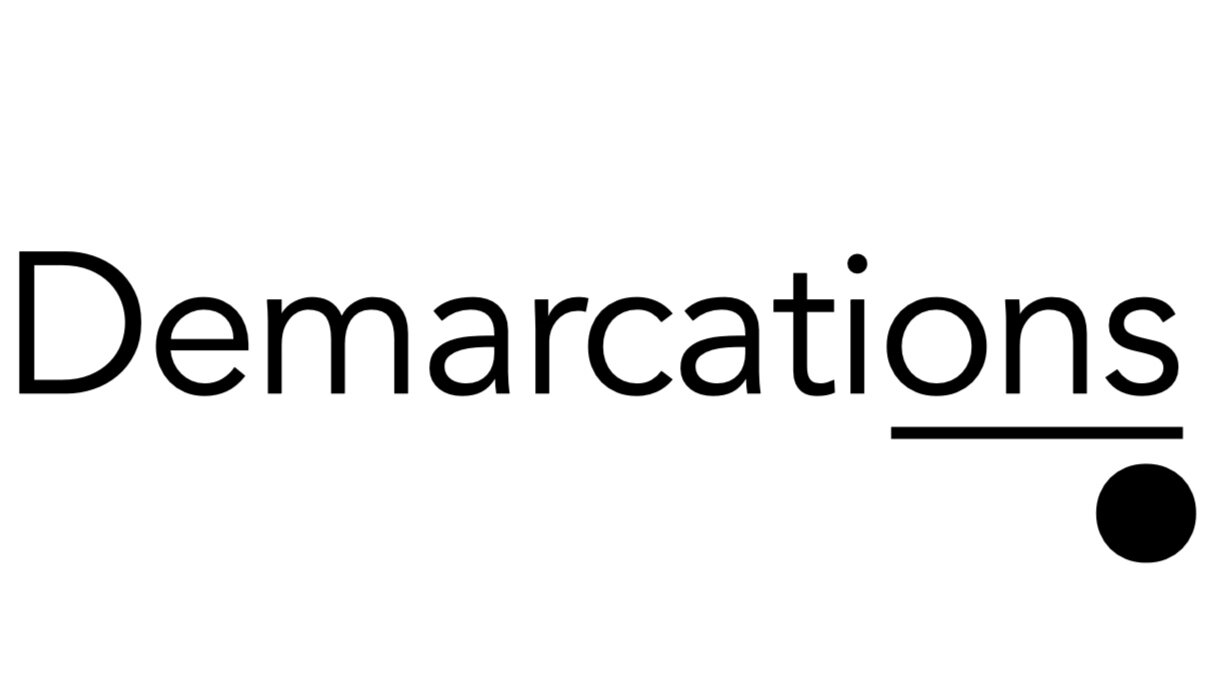From David Allen (no link available):
It is a residue from the industrial and agricultural world, I think, when the things to be done were much more physically self-evident. The "piles" in most offices nowadays seem just meager attempts to reproduce the self-evidence of the crops, the machinery, the things to be made and moved of bygone times. But self-evidence is not forthcoming without more discrete focus and more self-directed thinking.
From a lean perspective, I think what people are looking for is a kanban system and visual controls to manage their work in the office. When the inbox starts to overflow, time to sort through it. When the mailbox gets overloaded with email, and the anxiety level gets high enough, time to scan the messages.
But these are emotional rather than rational cues.
Better to have cues built on an optimal worklow. This means emptying all the buckets on a daily basis, and using your organizational system to cue when to take action on items. Get the mailbox down to zero three times daily, even if this means putting some of those emails in an @Action folder, until you have time to fully process them. Then cue up the work based on deadlines (i.e. customer demand) and maintaining continuous flow.
Overflowing buckets also indicate excessive inventory and poor processes. Time to rework your system.
And your inbox usually operates as a push system, rather than a pull system.
The point here is to use real cues instead of the artifical and misleading physical cues that emerge in an office environment. The height of paper stacked on your credenza doesn't (or shouldn't) tell you what to do and when to do it.

